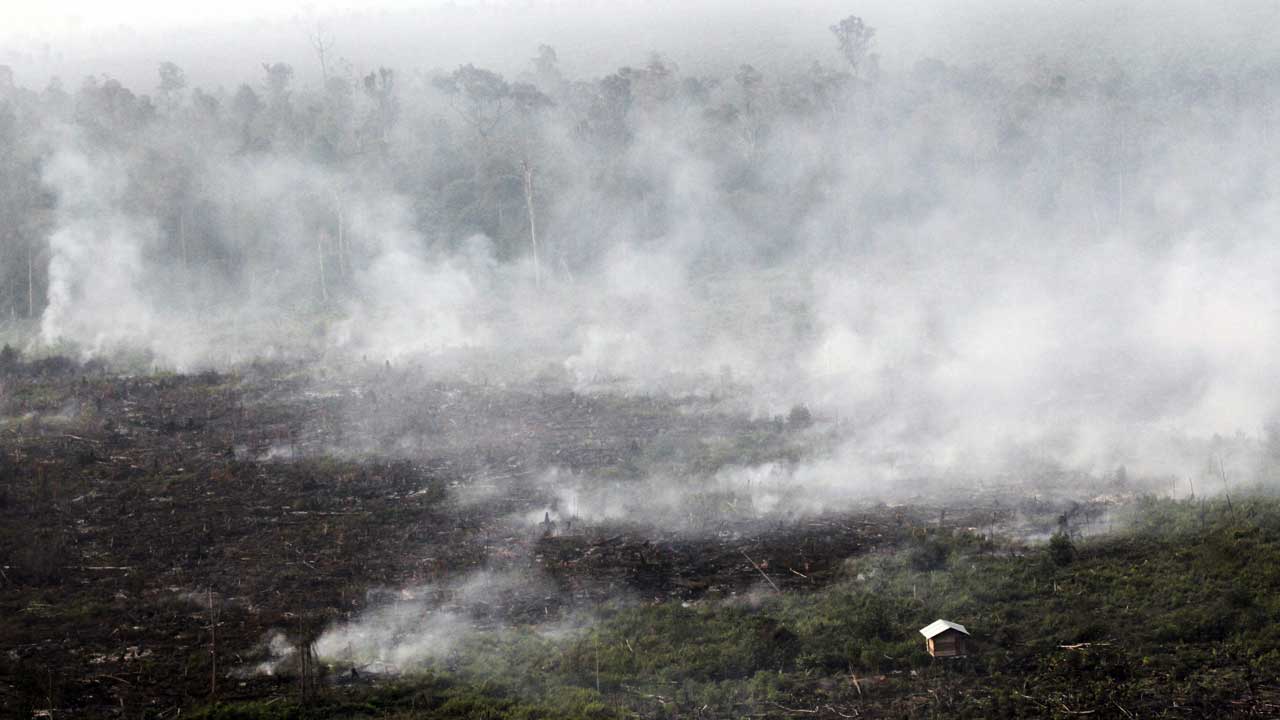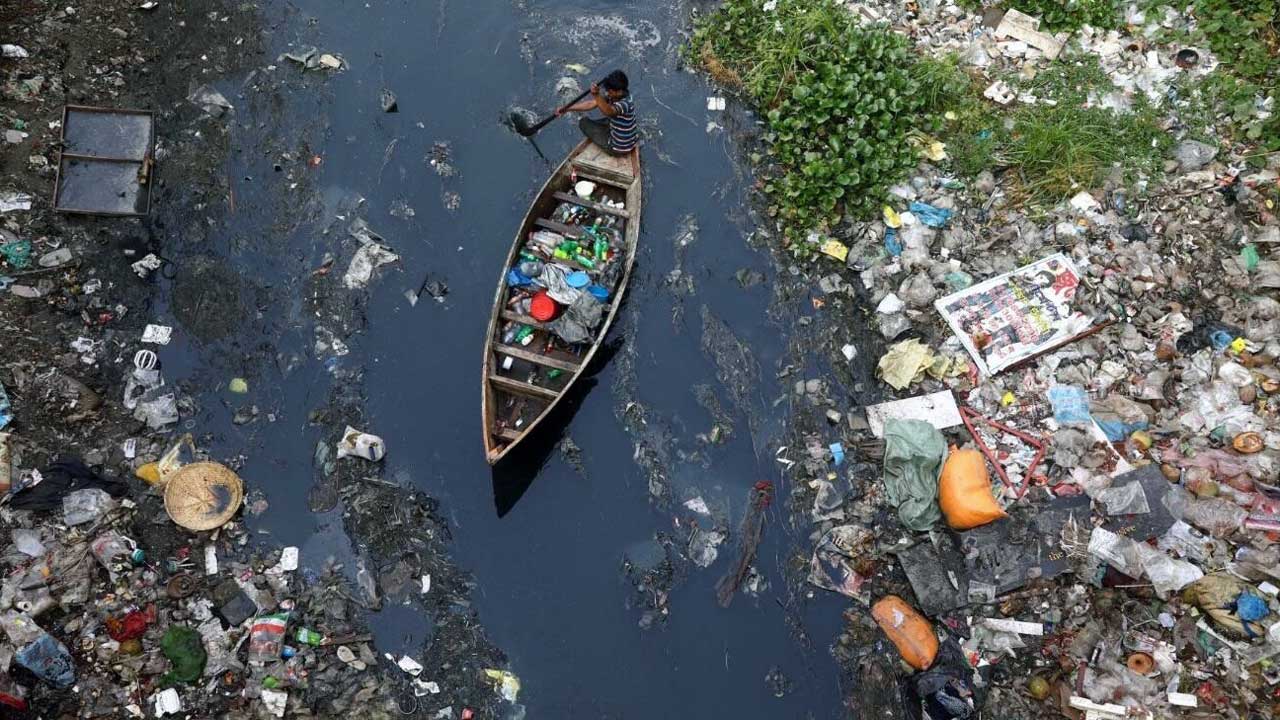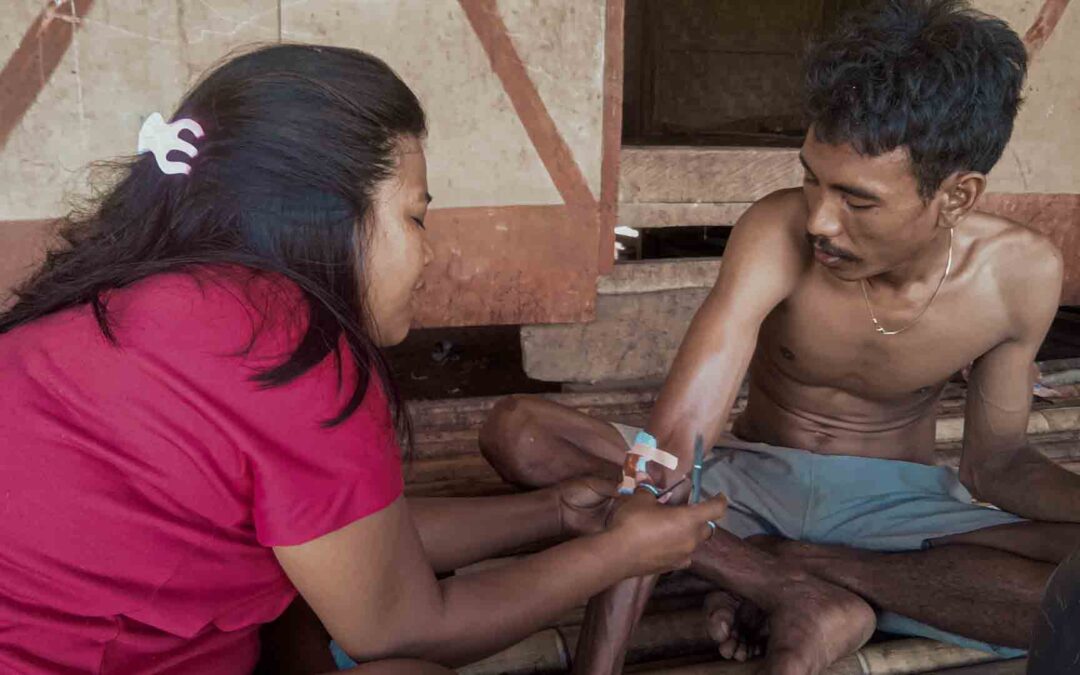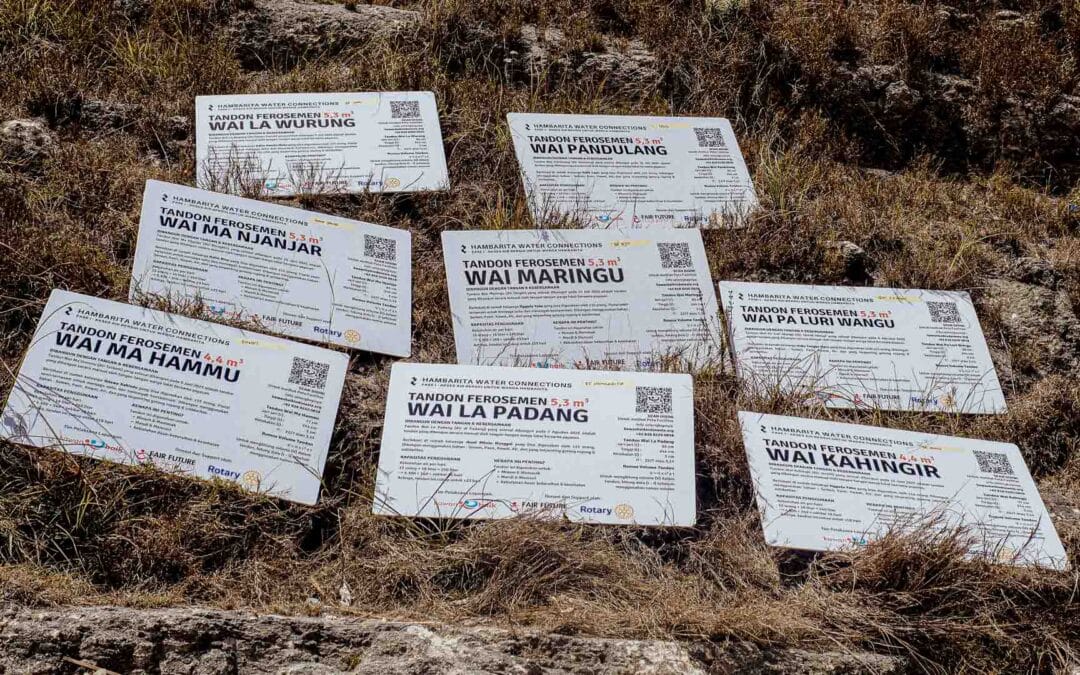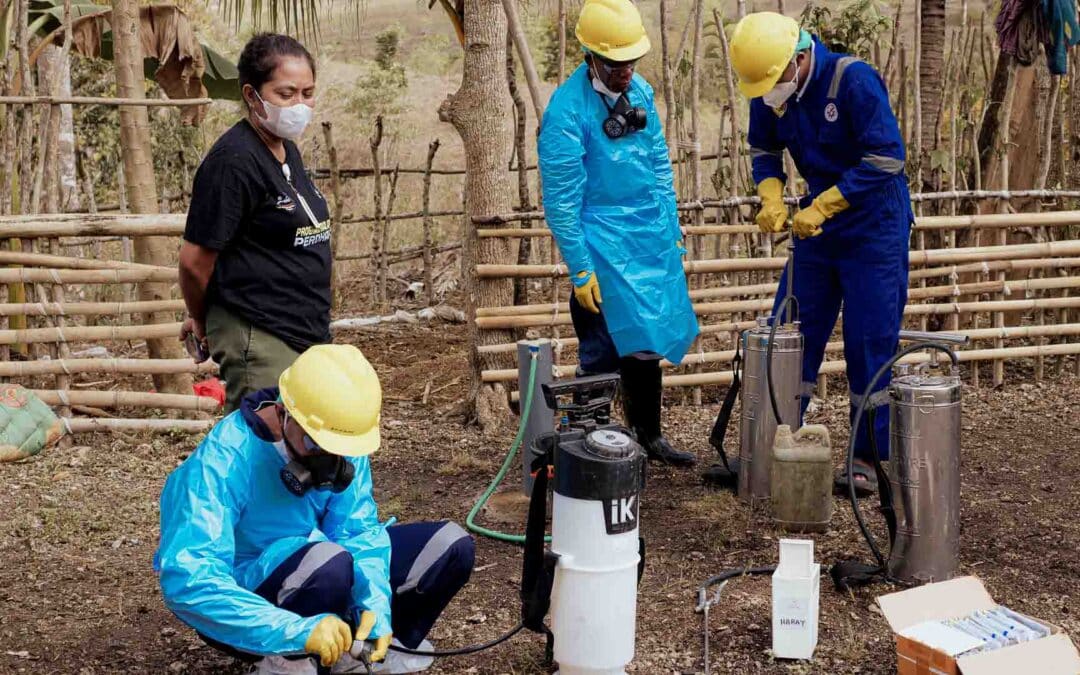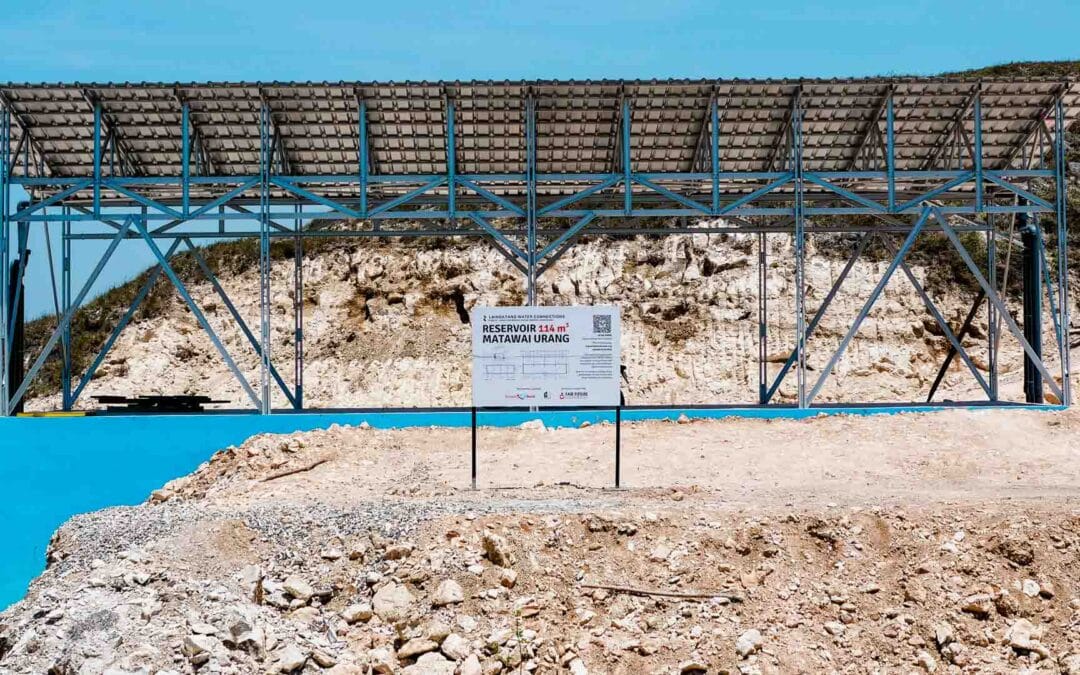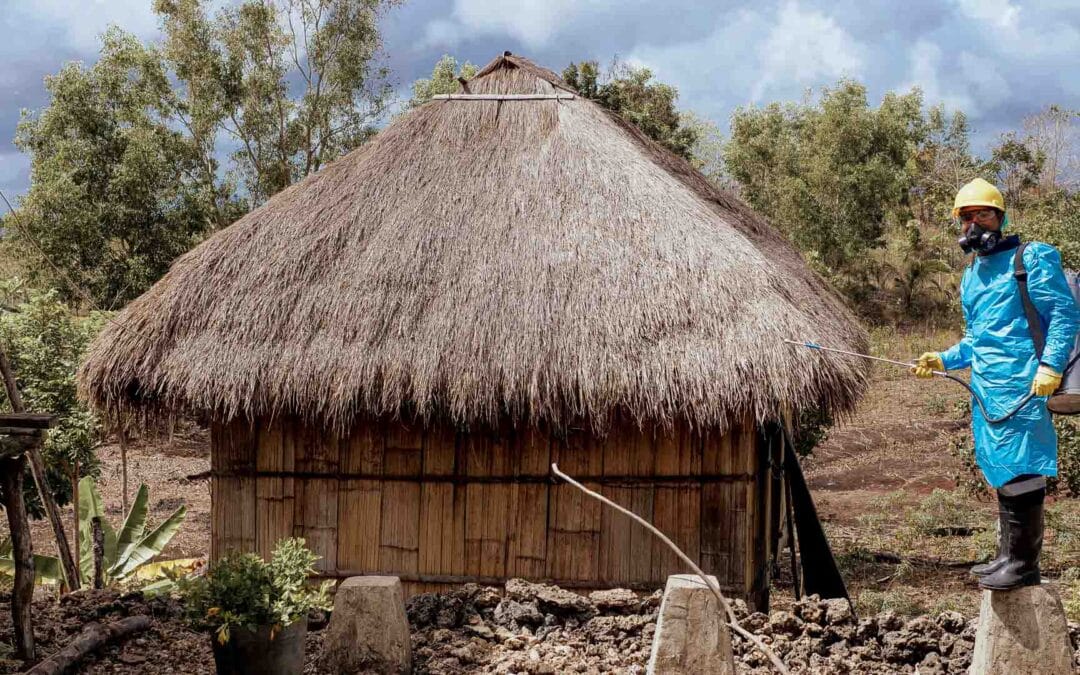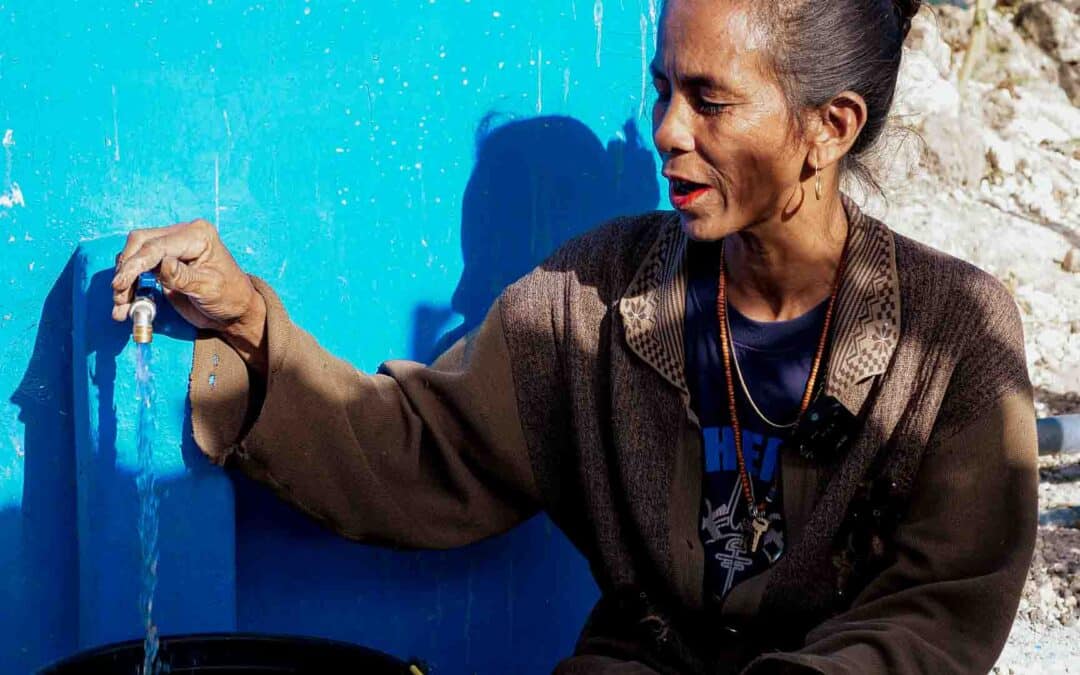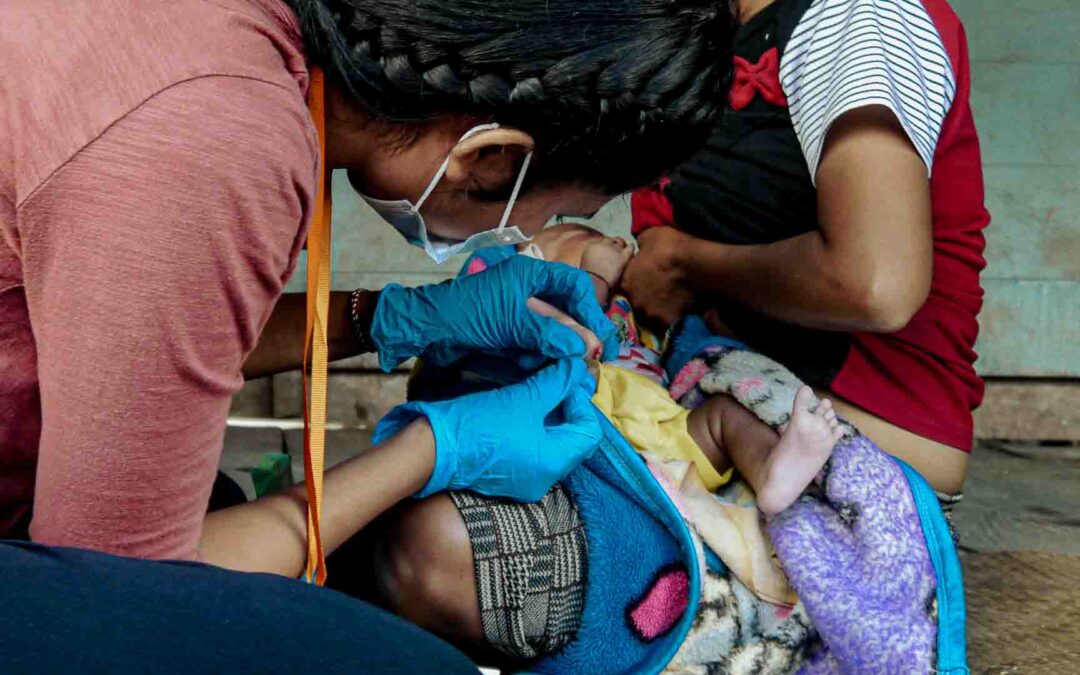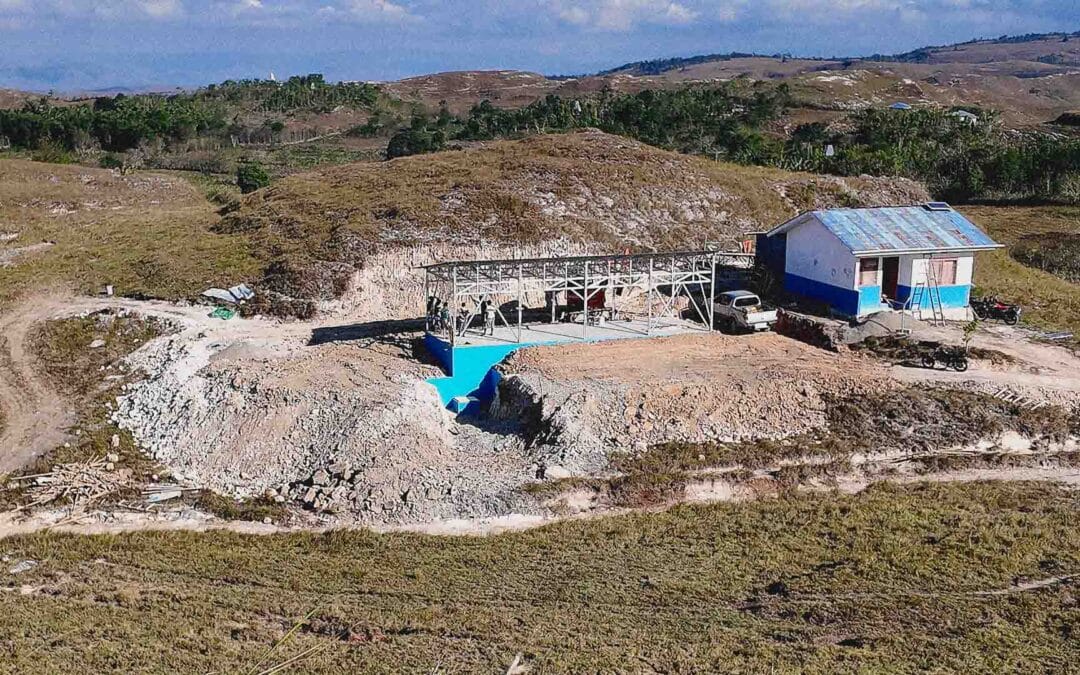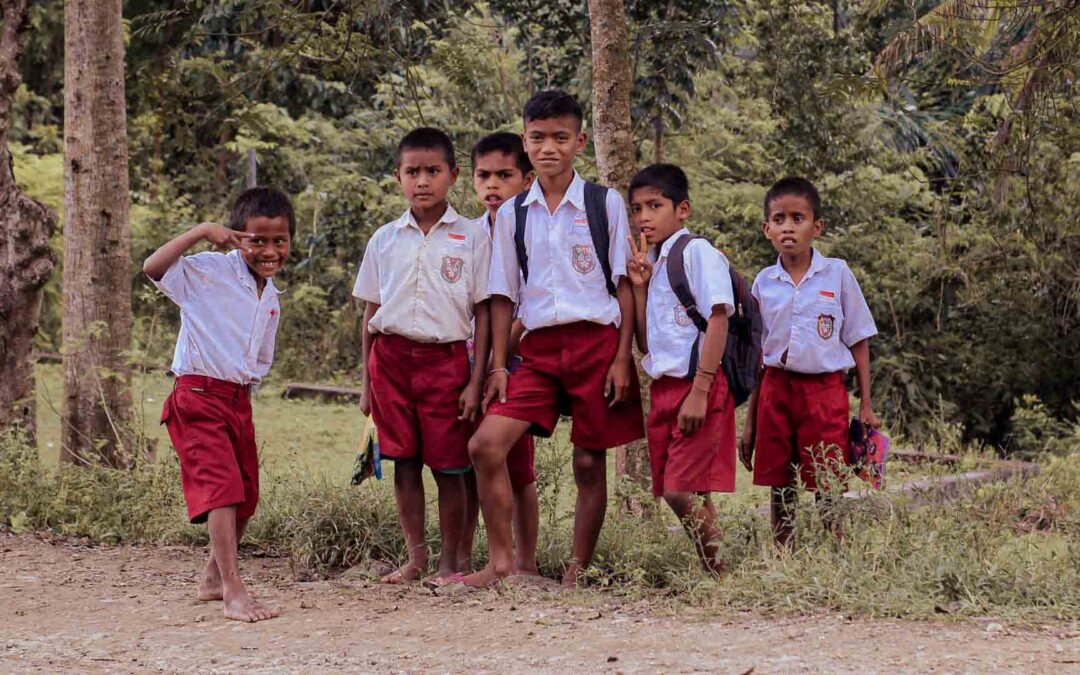Globally, air pollution kills an estimated 7 million people annually in Indonesia according to the World Health Organisation (WHO). Jakarta ranks ninth among the most polluted cities in the world and first as the most polluted city in Southeast Asia.
Current air pollution problems are greatest in Indonesia as it caused 50% of morbidity across the country. Diseases stemming from vehicular emissions and air pollution include acute respiratory infection, bronchial asthma, bronchitis, and eye, skin irritations, lung cancer, and cardiovascular diseases.
What are the health consequences of air pollution on populations?
Exposure to high levels of air pollution can cause a variety of adverse health outcomes. It increases the risk of respiratory infections, heart disease, and lung cancer. Both short and long-term exposure to air pollutants has been associated with health impacts. More severe impacts affect people who are already ill. Children, the elderly, and poor people are more susceptible. The most health-harmful pollutants – closely associated with excessive premature mortality- are fine PM2.5 particles that penetrate deep into lung passageways.
Effect on pregnancy and child development
Air pollution affects pregnant women, fetuses and children. Exposure to ambient air pollution is associated with adverse birth outcomes, such as low birth weight, premature births, fetal death and low gestational births, and disorders neuro-developmental. In children, exposure to air pollution is associated with the risk of acute respiratory infections, decreased lung function, cancer risk, mental and motor development disorders and cognitive impairment in children and adolescents.
What are some of the major sources or causes of ambient air pollution?
Major sources of ambient air pollution include inefficient modes of transport (polluting fuels and vehicles), inefficient combustion of household fuels for cooking, lighting, and heating, coal-fired power plants, agriculture, and waste burning as mostly everywhere here, where Fair Future Foundation is working! (Why? Because there is no form of organised waste management. No pick-ups, no sorting … Everything is on fire and yes, it’s a drama!)
In Indonesia plastic combustion is responsible for the majority of asthma cases in children. The culprits are “phthalates”, those chemicals which give plastic its prized qualities (flexibility), and which are serious endocrine disruptors, associated with a plethora of health problems.
- Burning plastics releases toxic gases such as dioxins, furans, mercury, and polychlorinated biphenyls into the atmosphere, and poses a threat to vegetation, as well as to the health of humans and animals;
- When plastic is burned, it releases dangerous chemicals such as hydrochloric acid, sulfur dioxide, dioxins, furans and heavy metals, as well as particulates. These emissions are known to cause respiratory ailments and stress human immune systems, and they’re potentially carcinogenic;
- Dioxins are deposited on crops, fruits, vegetables, and in waterways where they end up in our food and therefore in our bodies. These dioxins are potentially fatal persistent organic pollutants that can cause cancer and disrupt the respiratory and thyroid systems.
What can citizens do to protect themselves?
Fighting air pollution is everybody’s responsibility. We all need to do more, a lot more. Swiftly and proactively to reduce air pollution. Concerted and coordinated efforts with the active involvement of all the sectors are imperative. This includes the Government (national, state, and local governments), cities, community at large, and individuals.
- To national governments: reduce emissions and set national standards that meet WHO air quality guidelines. Invest in research and education around clean air and pollution – they are an essential tool.
- To cities and local communities: Public policies across sectors must factor in public health from the beginning, followed up with sufficient data and tools to assess them.
- To individuals: Continue to stand up for your right to healthy and sustainable environments. Hold your government accountable.
All of us – in government, business, and individual – we are all accountable. Think and rethink, the way you live and consume and make sustainable choices for yourself, your children and your children’s children.
What can Indonesia and all other countries do to reduce air pollution?
Interventions to reduce air pollution include developing sustainable transport in cities; implementing solid waste management; providing access to clean household fuels and cookstoves; developing a market for renewables energies and energy efficiency, and implementing industrial emissions reductions.
In Indonesia, the regulation and control of land management need to be stronger. The government needs to lay down guidelines stating how State Forest Land can be used. A limited amount of permits for the exploration of the peatlands and forested areas should be introduced.
What Fair Future recommends above all else!
Prevention is a major aspect that should be done to minimize the effect of air pollution on human health.
Some of the prevention activities involved establishing regulations to reduce air pollution emissions, including regulation of non-smoking areas, regulation of threshold limit values for vehicle emissions, emissions monitoring, vehicle maintenance, the implementation of industrial emissions, the rapid mass transport project in some large cities and the increase in energy from renewable sources.
To protect human health from air pollution, further research is being done on health vulnerability. Collaboration between professional organizations, non-governmental organizations, and government organizations on media education, workshops, and symposia should be established to increase people’s awareness of air pollution.


